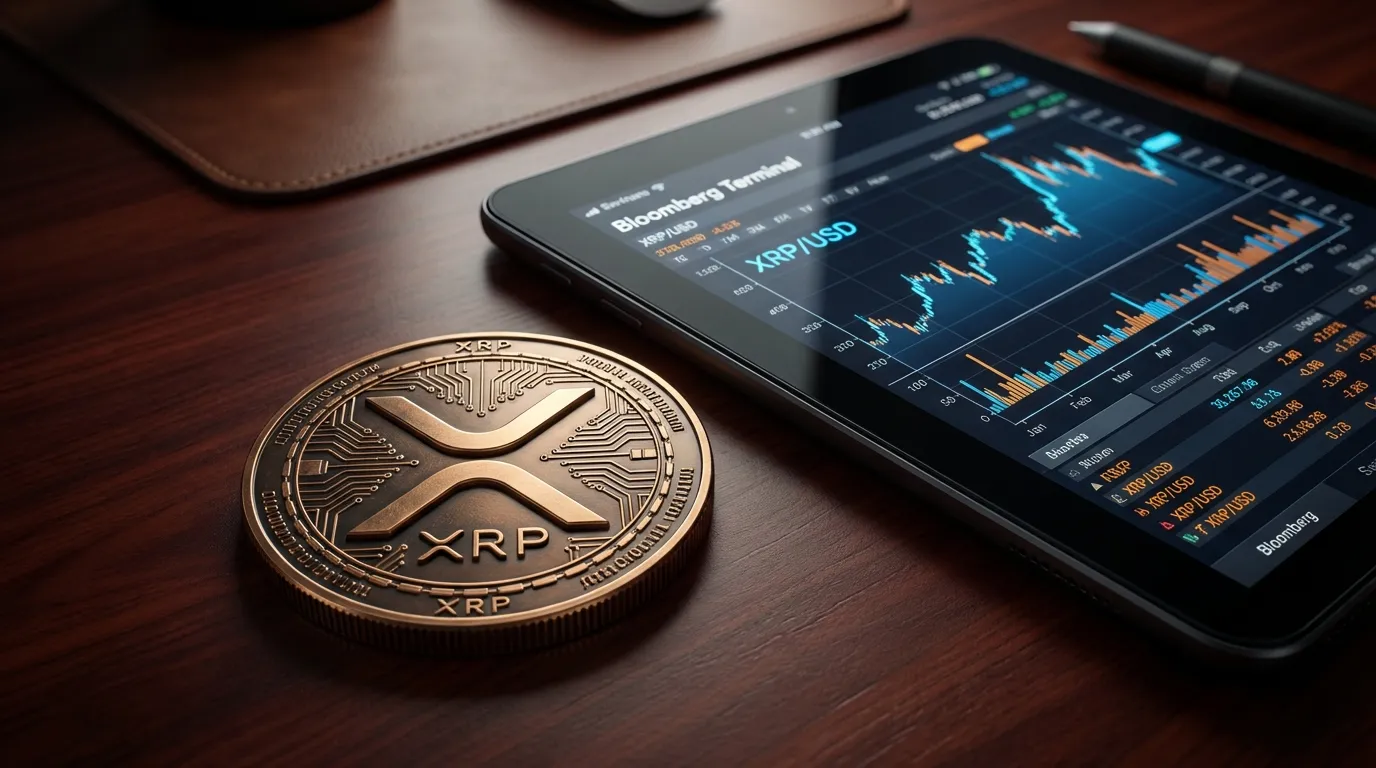Key Takeaways
- Legend Returns: Roaring Kitty (Keith Gill) resurfaced in 2024, revealing a massive 9 million share stake in GameStop, momentarily pushing his portfolio value over $260 million USD.
- New Strategy: Unlike in 2021, Gill proved he is now an active trader, briefly holding and then selling a 6.6% stake in Chewy (CHWY) in late 2024.
- Current Status: As of late 2025, Gill is believed to be holding a significant war chest of cash, with market speculation pointing toward potential moves in new sectors or crypto.
- Market Impact: While his social media posts still trigger volatility, investors are cautioned that "following the Kitty" carries higher risks in 2026 than during the original squeeze.
Introduction
If you had followed the GameStop saga, where Main Street took on Wall Street in an incredible surge in the price of meme stocks, you know the name Keith Gill—better known as Roaring Kitty—is no longer just a meme; he is a market mover worth hundreds of millions.
After disappearing for three years, Gill shocked the financial world in 2024 with a portfolio that rivaled hedge funds. But as we approach 2026, the question on every retail investor's mind has shifted: Does Roaring Kitty still own GameStop, and what is his next big move?
Who is Roaring Kitty?
Roaring Kitty is Keith Gill, from the USA. Keith rose to fame for acting as the catalyst that led to the surge in GameStop's stock price. He believed GameStop's stock was severely undervalued and spread his suggestion across social media. This caught the attention of online trading communities and led to the stock surging in late 2020.
Where is Roaring Kitty now?
As of late 2025, Keith Gill has largely returned to the shadows, but his footprint is heavier than ever.
Unlike his complete disappearance in 2021, Gill's recent activity suggests he is now an active, high-net-worth trader rather than just a "hold forever" advocate.
- The Chewy Play: In late 2024, Gill briefly disclosed a massive 6.6% stake in Chewy (CHWY), the pet retailer founded by GameStop CEO Ryan Cohen. However, SEC filings later revealed he dissolved this position shortly after, leading to speculation that he is actively managing a war chest of cash.
- The Crypto Pivot? In early 2025, Gill posted cryptic memes (including a nod to Rick James) that coincided with rallies in speculative assets and meme coins. While unconfirmed, many believe his influence has bled over into the cryptocurrency markets as equities became too regulated.
How much did Roaring Kitty make?(Net Worth Analysis)
This is the most searched question for a reason. Keith Gill is no longer playing with $53,000.
Based on his verified portfolio updates from mid-2024 and subsequent market moves, financial analysts estimate Roaring Kitty’s net worth to be between $200 million and $300 million USD.
- The GME Position: In June 2024, he posted a screenshot showing ownership of 9,001,000 shares of GameStop.At the time, this position alone was worth over $262 million.
- Cash on Hand: After exiting his Chewy position, Gill is estimated to hold significant liquidity.
Note: Since Gill does not publish daily updates, these figures fluctuate with the price of GME (if he still holds it).
When will Roaring Kitty return?
You are likely speculating that upon Roaring Kitty's return, there will be a surge in meme stocks. This is not wrong. In May of 2024, Roaring Kitty returned to social media leading to a surge in GameStop stock rising by 109.8% compared to the previous month.
Unfortunately, the stock dropped back to its original price range. As of the end of 2024, the stock was up overall by about 90%. This was all sparked by Roaring Kitty, meaning Keith still has a substantial amount of influence over the industry.
In September of 2024, Roaring Kitty posted a cryptic image on X (formally known as Twitter) that led to many speculating he would be making a full return. This sparked a steady increase in GameStop's stock price since then and is still continuing to grow.
Speculators believe 2026 could see his next major disclosure, potentially in a sector outside of traditional retail stocks.

Should I buy GameStop stock in 2026?
This is a loaded question because GameStop is a meme stock that is closely tied to social media sentiment. The stock is extremely high risk due to this sentiment. For example, if Roaring Kitty were to denounce this stock, it could plummet in a matter of seconds, causing a loss of your entire investment.
There might be better, less risky stocks for you to invest in through 2026. If you're looking for tools to gain a stronger understanding of what is a good or bad investment based on a company's fundamentals, you can try Intellectia's platform.
Stop Guessing, Start Analyzing for GameStop
While chasing Roaring Kitty's shadow is exciting, it is not a sustainable strategy for building long-term wealth. The most successful investors don't wait for a meme; they look at the data.
Intellectia helps you decode the noise. Instead of deciphering emojis, use our AI-driven platform to understand:
Institutional Flows: See where the "Smart Money" is actually going.
Fundamental Health: Analyze if a company like GameStop is actually profitable or just hyped.
Sentiment Analysis: Track market mood without getting caught in the hysteria.

Conclusion
Roaring Kitty had a large impact on the markets and in the world of meme stocks. But, it all came tumbling down and led to class action lawsuits and Congress getting involved. For the question, what happened to Roaring Kitty? We can only assume he is laying low, potentially planning a big return to the meme stock stage.








